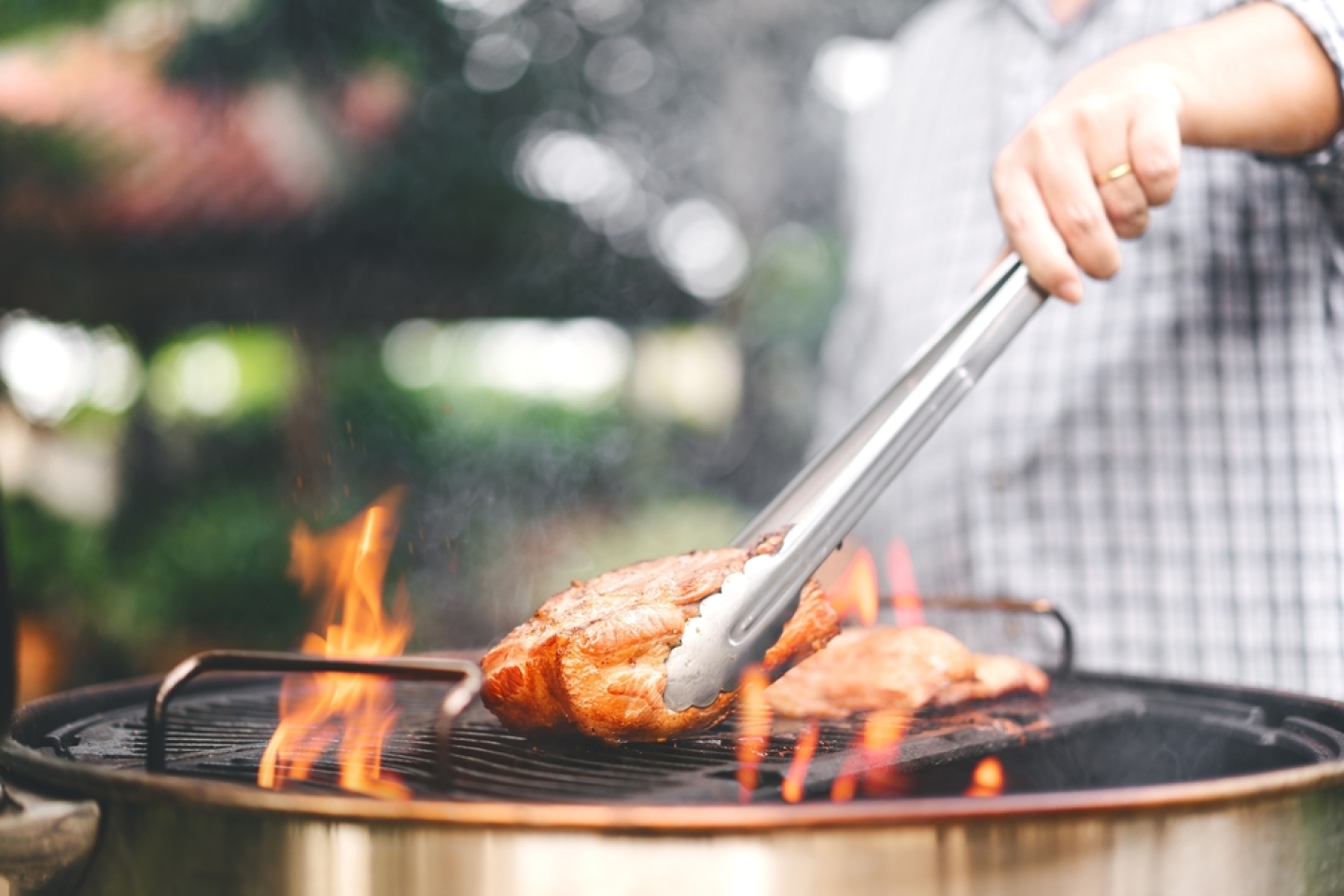
If you’re like many Americans, summer is the season to fire up the grill and enjoy backyard barbecues. While this is one of the best parts of summer for many, it also comes with safety hazards. The National Fire Protection Association estimates that approximately 10,600 home fires are caused by grills every year, and nearly 20,000 people go to the emergency room for burn injuries resulting from a grill.
“Burn injuries happen,” says Philip Chang, M.D., assistant professor of surgery in the Division of Trauma, Burns, Critical Care, and Acute Care Surgery at Weill Cornell Medicine. “The good news is that the vast majority of home burn injuries can be handled with simple first aid at home.”
Taking action quickly is key when it comes to caring for burns. You’ll want to immediately stop the cause of the burn.
“If a flame is involved, such as your clothes catching on fire, you want to stop what you’re doing, drop to the ground and roll,” Dr. Chang says. “For a burn injury, the cooling process is very important. Run the affected area under cool running water for at least 10 minutes to help decrease the progression of the injury. Ice is not a good idea, because it can drop the temperature of the skin too much, causing blood flow to that area to stop.”
If the burn does not appear serious, the next steps include applying petroleum jelly two to three times daily and keeping it covered with a nonstick, sterile bandage. Taking over-the-counter acetaminophen or ibuprofen can help minimize pain.
But how do you know when a burn requires medical attention? Dr. Chang recommends going to the emergency room if:
It’s also important to be on the lookout for signs of infection. Blisters are normal for second-degree burns. But if you notice increased redness or pain or have a fever or decreased appetite, seek medical attention as soon as possible.
Whether you use a charcoal or propane grill, remember to follow guidelines to keep yourself and those around you safe. Follow these tips:
Have questions about a mild burn injury? Find a provider at Weill Cornell Medicine who can help.